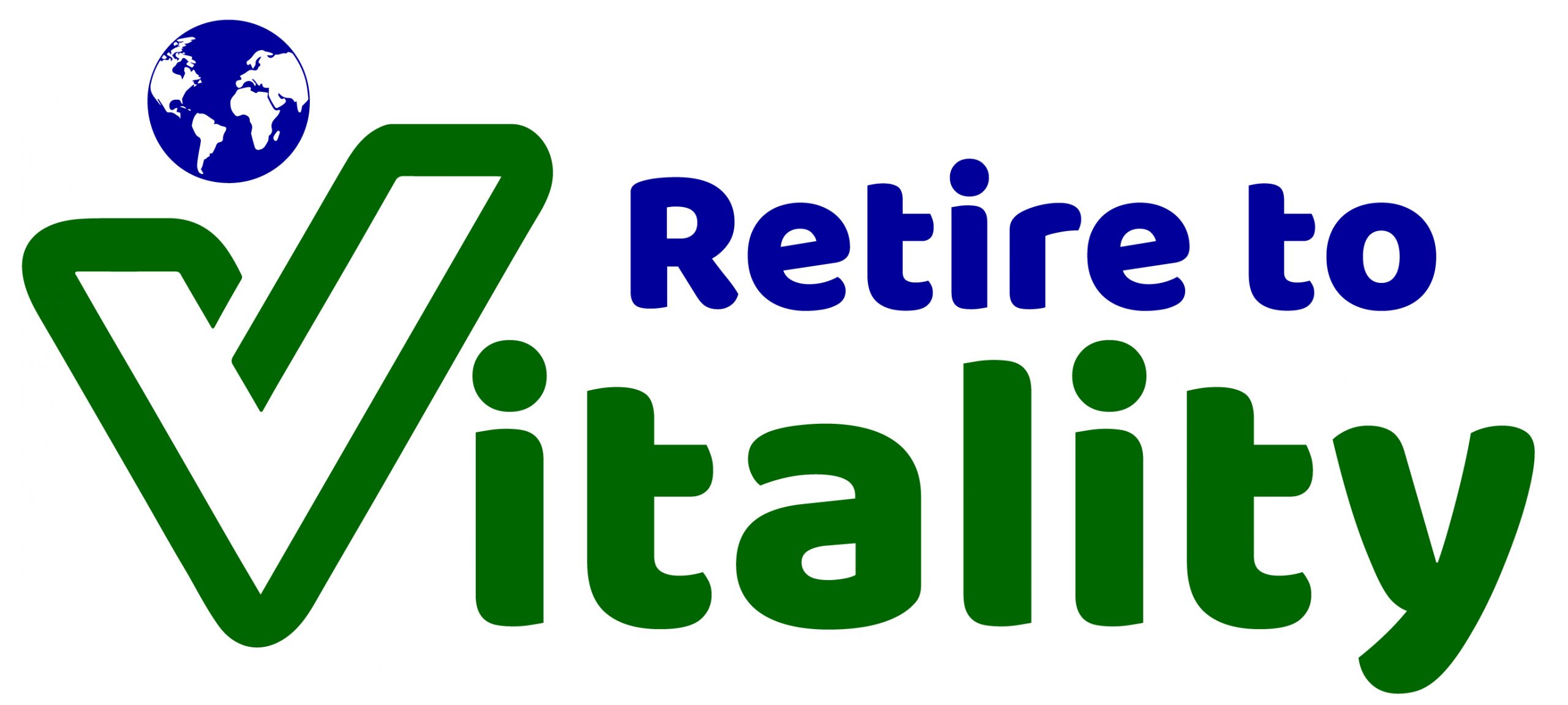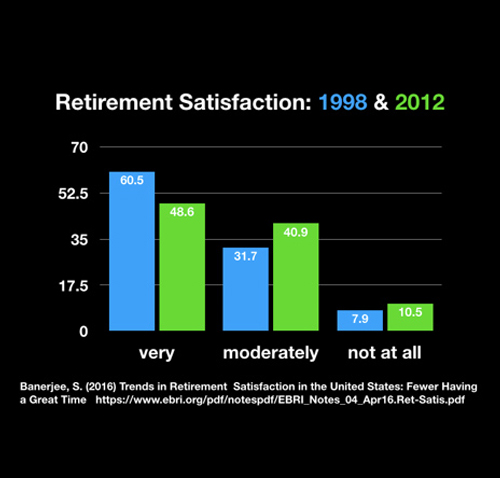Transition to Retirement Discussion Guide for Couples

Challenges for the Single Person in Retirement
August 24, 2021
Retirement Vital Signs
August 25, 2021Retirement is a life changing transition, rather a series of transitions. To navigate these changes well, a couple needs to be connected on the plans for retirement and jointly monitor the transitions. It is essential to discuss retirement as a couple. Couples who have jointly explored and planned their retirement transitions report greater satisfaction with retirement.
I was surprised to learn that many couples have not had a single talk about how retirement would change their daily lives, even when retirement was only months away!
Then I realized two things: 1) couples may not know how important it is to discuss retirement together, and 2) couples may not know how to discuss retirement productively.
This article serves to alert you to the importance of discussing retirement transitions, and as a guide to the process and topics to include in the conversations.
There is not ONE conversation that is needed, but a series. The topics here are not introduced so much to say you should have one conversation PER topic, but rather these are the themes couples facing retirement are encouraged to explore.
The three stages of conversation give you a 3-D look at your future. The stages are:
Discover
Discuss
Decide
In the discover stage you are exploring each other’s imagined view of what retirement will look like. Instructions for the discover stage are simple: Choose one partner to go first. The first to speak will share their dreams, hopes, and ideas about retirement. The other partner JUST listens – no interruptions, no criticism or comments like “I will never do that” – just listen. The discovery phase does not need to be formal, it can be woven into dialog about other topics. What is important is that both partners hear and acknowledge the ideas and perspective of the partner, without judgement.
The discuss phase is an opportunity to engage both your partners and your own visions and values. For example: “I hear how important it is to you to spend a lot of time in California, near our daughter and her family, while at the same time I want to spend a lot of time in the mountains.“ The goal of discussion phase is to find strategies that will honor both of your deepest values.
Finally, decide on actions you will take. This stage sounds like a commitment is being made – it does not need to be so prescribed. The decisions you make may be modified over time – but there will still be big decisions to make.
These are topics that you may want to include in your discussions:
- Grand vision – what are your most romantic and idyllic visions of retirement? What do you imagine doing on a substantial scale – Moving? Where? Do you want to build a new home? Do you imagine traveling a lot?
- Day-to day – what will our typical day look like? What time will we arise? What will morning activities look like? How much of the day will we spend together?
- How will our relationship change? How much time do you imagine we will spend together?
- How will our other relationships change? If one or both of us were meeting with work colleagues as a primary social outlet – how will this change in retirement? Will there be more opportunities to interact with your children and other family members?
- How will our household responsibilities change? Dishes, laundry, lawn care, vehicle maintenance, etc.
- What health challenges do we need to attend to?
- What kinds of volunteer or work activities do you imagine doing?
- Legacy – what kind of mark do we want to leave on the world? This can be both financial and spiritual. *Contact Dr. Winters to learn more about the spiritual legacy.
If you and your partner are feeling challenged on how to begin these conversations or how to implement these changes in your life, please feel free to reach out to me. I coach with couples and individuals about how to retire to a life of vitality, and I would love to be of service to you.




